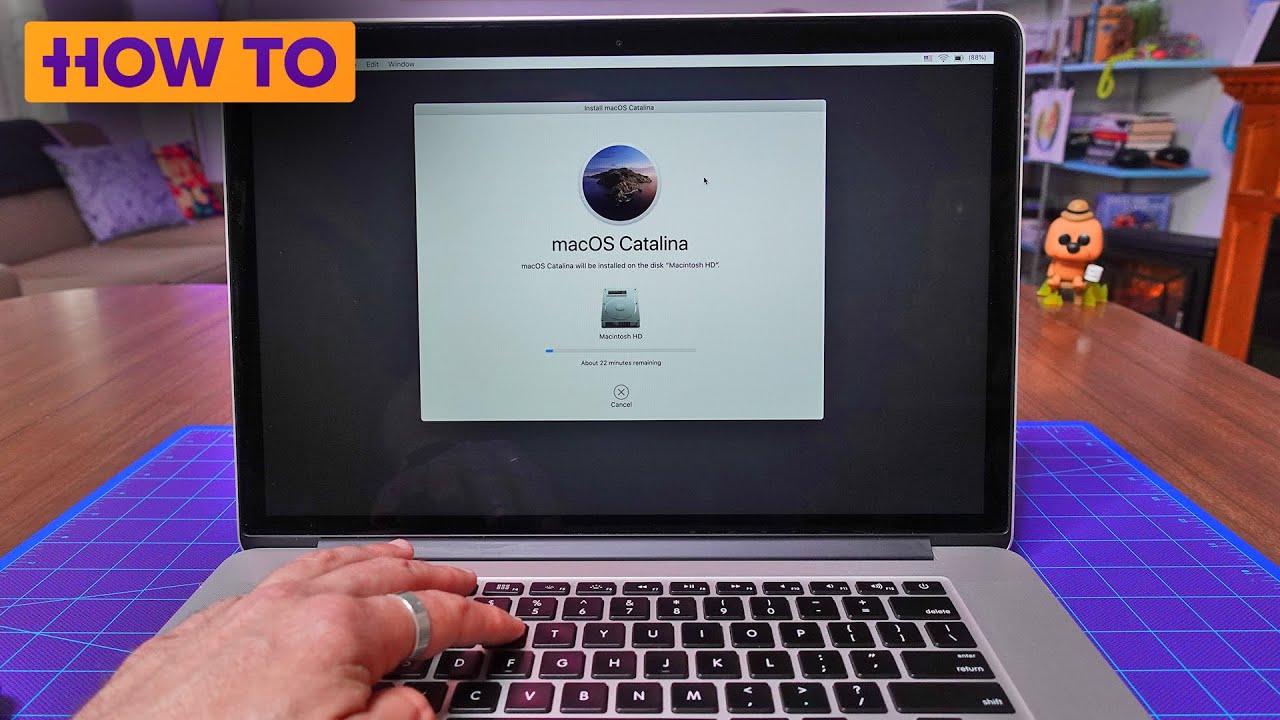
How to Effectively Soothe Burning Anus After Diarrhea: 7 Proven Remedies to Consider in 2025
Experiencing a burning sensation after diarrhea can be uncomfortable and distressing. This irritation, often caused by increased moisture, friction, and acidity from bowel movements, can lead to discomfort that makes daily activities challenging. Understanding how to proactively care for your anal area is crucial, especially for those who suffer from recurring digestive issues. In this article, we will explore effective remedies and strategies you can implement to soothe burning anus, support anal health, and alleviate irritation.
It’s important to recognize the symptoms of anal burning and how they relate to various digestive health issues. Most importantly, finding relief for burning anus can involve multiple approaches; from dietary changes after diarrhea to topical treatments like soothing creams for anus. We will discuss the best practices for anal hygiene, tips for maintaining anal cleanliness, and product recommendations for anal care.
This guide aims to provide you with actionable insights and holistic approaches to manage anal discomfort effectively. With current knowledge and suitable strategies, relief is achievable, promoting not only physical comfort but also mental well-being. Let’s dive into the proven remedies that can help you soothe that burning sensation and enhance your overall anal care routine.

Top 7 Proven Remedies for Soothe Burning Anus
1. Gentle Cleansing for Anus
After experiencing diarrhea, maintaining a clean anal area is vital to prevent further irritation. Gentle cleansing techniques can significantly alleviate anus irritation. Instead of using harsh soaps, opt for mild, unscented washes or wipes specifically designed for sensitive skin. This will help maintain the natural pH balance of your anal area, reducing further discomfort.
Following cleansing, consider utilizing gentle exfoliation methods to care for the inflamed anal area. Instead of vigorous scrubbing, employing soft, circular motions with a washcloth or soft sponge can help. Always ensure that your cleaning tools are clean and free from irritants. In addition, avoid hot water, as this can further aggravate the delicate skin.
2. Use of Soothing Creams
One of the most effective methods to treat burning sensation after diarrhea is applying soothing creams designed for anal irritation. Look for products containing aloe vera or witch hazel, known for their anti-inflammatory properties. These natural ingredients can provide cooling relief and promote healing within the anal area.
When choosing healing creams for the anal area, consider those that are specifically formulated for sensitive skin. Avoid products with harsh chemicals, fragrances, or alcohol, as they may exacerbate the burning sensation. Typical applications of these creams are after bathing and before bedtime to lock in moisture. Regular use can greatly reduce discomfort and ensure a faster recovery.

3. Hydration and Nutritional Support
Proper hydration after diarrhea is crucial for recovery. Water helps prevent dehydration, which can worsen symptoms of anal burning. Aim to drink enough fluids throughout the day, incorporating electrolyte-rich beverages that can help restore lost nutrients. Consider dietary changes after diarrhea that include fibrous foods and probiotics to aid digestion and minimize future digestive issues.
Fiber-rich foods, such as whole grains, fruits, and vegetables, can assist in forming consistent bowel movements, reducing the occurrence of irritating diarrhea. Furthermore, the role of probiotics in gut health cannot be overstated. Probiotic-rich foods like yogurt, kefir, and sauerkraut can promote a balanced microbiome and help in digestive recovery.
4. Exploring Natural Remedies
Natural remedies often provide effective relief strategies for burning anus. Popular options include soothing baths with added ingredients such as baking soda or colloidal oatmeal, which can calm inflamed skin. A lukewarm sitz bath can not only help in healing but also relieve itching and discomfort. Aim for baths 2-3 times a week for optimal results.
The healing properties of soothing natural remedies, combined with proper hygiene practices, create a comprehensive care approach. Additionally, consider topical applications of vitamin E oil, which can promote healing and hydration to sensitive skin. Always test a small area first to ensure there are no adverse reactions.
5. Implementing Safe Hygiene Practices
Understanding best practices for anus cleanliness is essential in preventing further discomfort and maintaining anal health. Avoid aggressive wipes and scented products that may irritate sensitive skin. Instead, opt for soothing wipes for anus, specifically designed to be gentle and hypoallergenic.
When cleaning, always pat the area dry gently instead of rubbing. This will reduce friction, minimizing the risk of further irritation. Additionally, wearing breathable cotton underwear allows for better air circulation, promoting healing and comfort. Remember, maintaining anal hygiene is not only about cleanliness but also about ensuring overall skin health in that delicate area.
6. Dietary Changes and Their Role
Having a balanced diet helps in managing bowel movements effectively. However, specific dietary changes can help prevent anal burning. Avoiding irritants such as spicy foods, caffeine, and alcohol can make a significant difference. These can exacerbate skin irritation and lead to discomfort post-diarrhea.
Additionally, observe your body's responses and adjust your diet accordingly. Identifying food triggers is crucial for long-term management of gastrointestinal symptoms. Incorporating calming foods after diarrhea, such as bananas, rice, apple sauce, and toast (the BRAT diet), can offer immediate relief to a troubled digestive system.
7. Seeking Medical Guidance When Necessary
While many remedies can alleviate symptoms of anal burning at home, understanding when to see a doctor for burning anus is equally important. If discomfort persists or worsens, it could indicate underlying conditions such as anal fissures or infections requiring medical intervention.
Consultation with a healthcare professional can provide tailored treatment options and necessary diagnostic assessments. Remember, not all home treatments may be suitable for every individual. Follow-up care after diarrhea often involves working closely with your physician or gastroenterologist to monitor digestive health and prevent further discomfort.
Q&A: Common Concerns About Anal Burning
What causes anal burning after diarrhea?
Causes of anal burning often include skin irritation from moisture, acidic bowel movements, and friction during cleaning. Digestive issues and certain dietary choices can exacerbate this condition, making proper management crucial.
How can I reduce irritation after diarrhea?
To reduce irritation, apply gentle cleansing techniques and hydrate adequately. Utilizing soothing creams and avoiding irritating foods can significantly improve symptoms. Maintaining proper hygiene practices is also essential.
When should I consult a doctor for burning anus?
If symptoms persist beyond a few days or are accompanied by severe pain, visible changes in the anal area, or other concerning symptoms, consult a physician. They will help assess and manage any underlying issues.
Are there effective over-the-counter treatments for anal irritation?
Yes, there are various effective topical treatments available over-the-counter, including hydrocortisone creams and soothing ointments designed for anal discomfort. Always check with your healthcare provider before using new products.
Can dietary changes help prevent future anal burning?
Absolutely! Incorporating fiber-rich foods and avoiding irritants can help form healthy bowel movements, reducing the likelihood of anal burning. Maintaining hydration and using probiotics can further support digestive health and minimize discomfort.
In conclusion, soothing a burning anus after diarrhea requires a multifaceted approach involving effective home remedies, proper hygiene, dietary considerations, and understanding when to seek medical assistance. By implementing these strategies, you can manage symptoms confidently and promote overall digestive health.